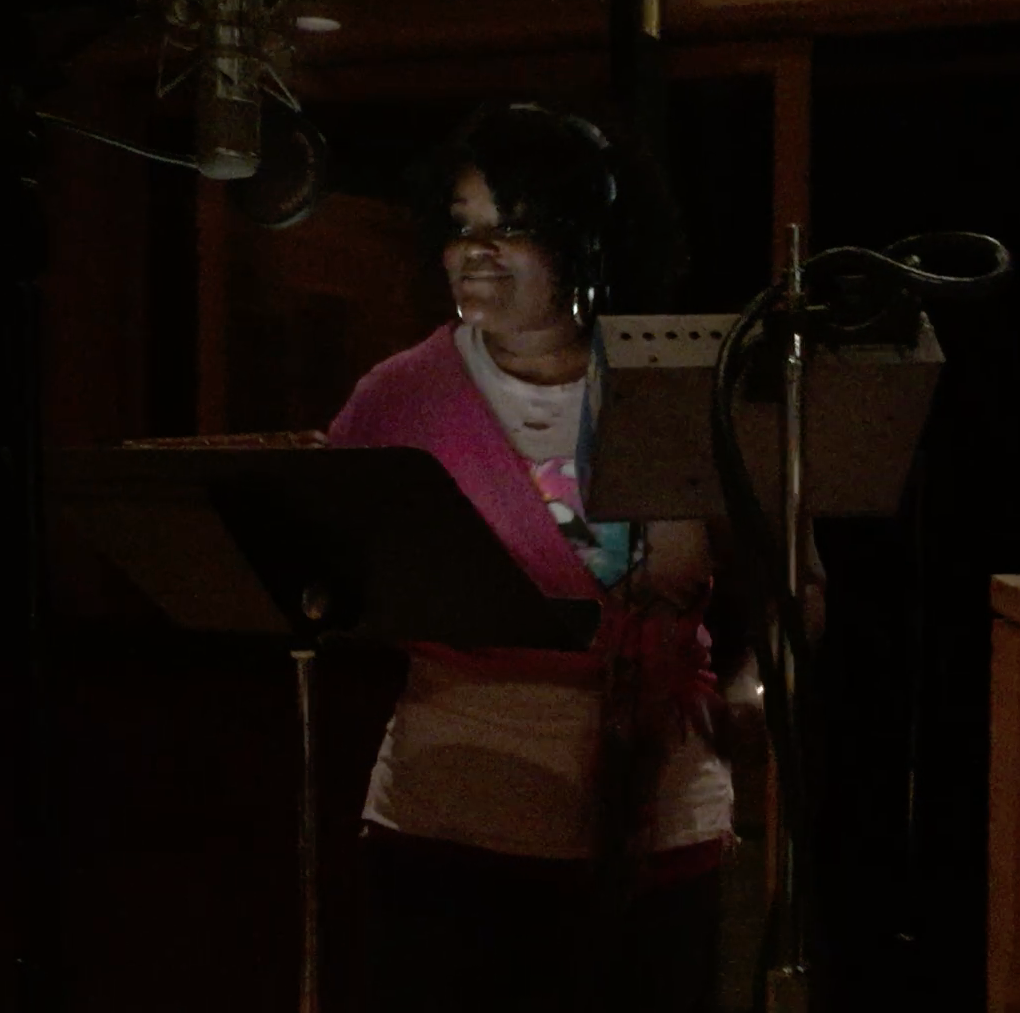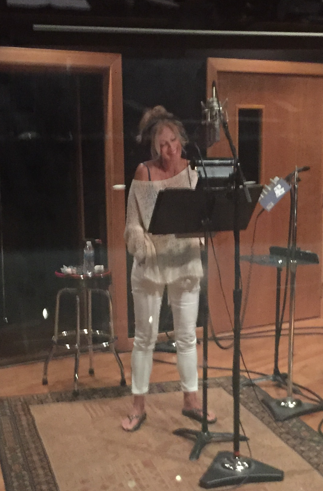It was the idea of Dawn Jacks—an African American teenager—that she; her mother, Mary Jacks; Terrance Witt; and Rose Shapiro, the Jewish widow who Mary and Terrance work for; pile in Rose’s 1960s Buick and drive to Selma, Alabama to join Dr. King’s march from the Edmund Pettus Bridge to Montgomery, the state capital. After Rose’s husband, Nathan, a diamond merchant and racketeer, passed on, his employee Terrance, a WWII Army vet, remains loyal to and employed by Rose as her chauffeur/handyman. So does Mary, Rose’s maid, in a home located the solidly White, middle-class town of Ridgewood, New Jersey. Gassed up, sandwiches and drinks packed, Green Book at the ready, and hearts full of hope, the foursome heads South even as America, particularly the South, remains hostile to its Black and Jewish citizens. Terrance takes the wheel. Rose rides shotgun, dozing and clutching the purse strings. Excited, Dawn encourages optimism, and Mary sings to cover her trepidation. Encounters with racists—a White gas station attendant and a state trooper—reveal the dangers of “traveling-while-Black-with-a-Jewish-White-woman-in-the-back-seat.” Only Dawn’s quick thinking saves them from jail. Arriving in Selma, the four join hands and head into the march. Offstage, multiple tear gas bombs explode. Stench and smoke fill the stage. Sounds of police dogs attacking, billy clubs smashing heads, screams and chant-like prayers are heard. Injured, the four run for their lives. This day will live in infamy as Bloody Sunday. Act II opens as the four—injuries oozing blood, dazed, disoriented—stumble back to the car. Any unity found facing a common enemy is short-lived. A vicious blame game ignites. When Mary reveals that Dawn is Nathan’s daughter, Dawn nearly wrecks the car. “You slept with my husband,” Rose screams. “‘Slept with’…sounds so genteel,” Mary intones. “It didn’t feel like I had a choice.” Rape by today’s definition. Again, Dawn quells an emotional tsunami. The show ends as a new, if fragile, understanding of what a family—and just maybe what a country—can be.
Close



